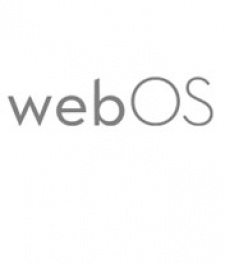Like an unspoken rule, of all the reasons cited for TouchPad's speedy fall from grace lasting seven weeks post launch before HP effectively pulled the plug almost no-one has cited webOS as a contributing factor.
Of note for most commentators were the ins and outs at the top of the company, undermining HP's $1.2 billion purchase of Palm and signing TouchPad's death certificate before the tablet had even got off the ground.
However, according to a number of former Palm employees talking to the New York Times, TouchPad was saddled with an OS that never stood a chance of taking on iOS, Android and the like.
It's alleged it was the software, rather than the hardware, that consigned the tablet to the pages of history.
Faultlines
One of its main faults, according to said insiders, was the fact the platform was built on technology that wasn't yet widely available.
However, it's also claimed the platform was fundamentally flawed from day one, undermining its chances of success even before HP purchased Palm.
"Palm was ahead of its time in trying to build a phone software platform using web technology, and we just weren't able to execute such an ambitious and breakthrough design," former senior director at Palm Paul Mercer told the paper.
"Perhaps it never could have been executed because the technology wasn't there yet."
Another unnamed former employee stated webOS had originally been designed so apps had to be constructed one by one from scratch.
However, later on the strategy was changed so the platform could provide the 'building blocks' to support apps en masse, but this process was overhauled once by Palm itself and later by HP, forcing developers to re-learn how to develop apps for webOS over and over again.
Filling the vacuum
Major departures from the webOS team VP of human interface Matias Duarte left for a job at Google also hit the platform hard, it's claimed.
"He was webOS," the unnamed former webOS team member said.
"When he left, the vacuum was just palpable. What you're seeing is frankly a bunch of fourth- and fifth-stringers jumping onto webOS in the wake of Duarte's leaving."
With HP having recently announced it's intention to make webOS open source, whether these supposed faults will continue to play a part in the platform's future or lack of one will no doubt play out in the months to come.
[source: The Wall Street Journal]
TouchPad's demise down to an ahead of its time webOS riddled with shortcuts, claim former Palm employees
HP was sold a dud






















